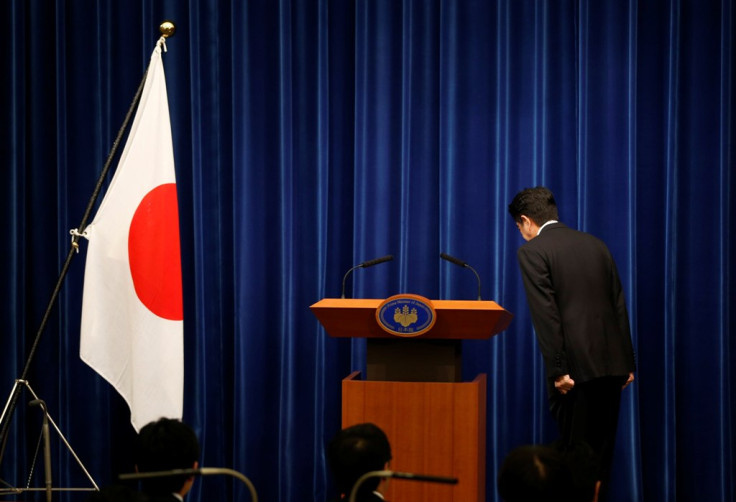Japanese PM Shinzo Abe to Be Cautious on Hiking Sales Tax

Japanese Prime Minister Shinzo Abe, who will take a decision on the question of hiking the country's sales tax in 2015, will reportedly be guarded given the move's potential blow to the economy.
Abe will decide in December whether to proceed with the second-stage rise in the sales tax to 10% effective October 2015, in a bid to contain Japan's huge public debt.
Economy Minister Akira Amari has said he expects a rather cautious decision, particularly if any risk emerges of the economy relapsing into deflation as that will ruin the very purpose of Abe's policies, known as "Abenomics".
Abe's current position on a tax hike remains "utterly neutral", Amari added, Reuters reported.
Amari also said that Tokyo was prepared to roll out a stimulus package to curb the economic impact if it decides to raise the sales tax in 2015.
But if the government decides to give up the planned sales tax hike, it will have to take steps to compensate for lost revenue and declare when it will raise the tax, to retain the market's trust in Japan's public finances, Amari added.
"He said no countries have doubled the sales tax rate over a year and a half ... I expect that he will make a considerably cautious decision."
"It would be very risky" if the confidence is lost, he said.
In August, Tokyo warned that the April sales tax hike could have a long-standing effect on the world's third largest economy.
The Japanese economy shrank 6.8% on an annual basis in the second quarter, more than erasing a first-quarter surge in the run-up to the sales tax hike.
Consumer prices struck a 23-year high in April 2014, in the wake of the 1 April sales tax hike, a positive development in Tokyo's near two-decade-long battle against deflation.
But higher prices resulted in a bigger-than-expected drop in consumer spending and a higher-than-expected slowdown in factory activity in April, government data showed.
© Copyright IBTimes 2025. All rights reserved.






















